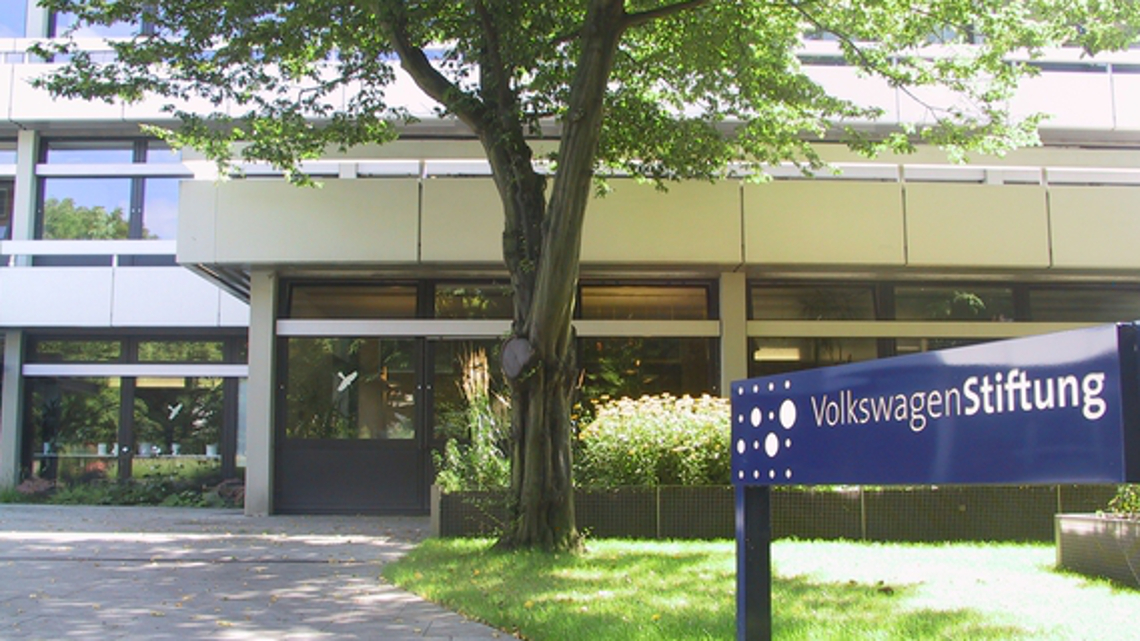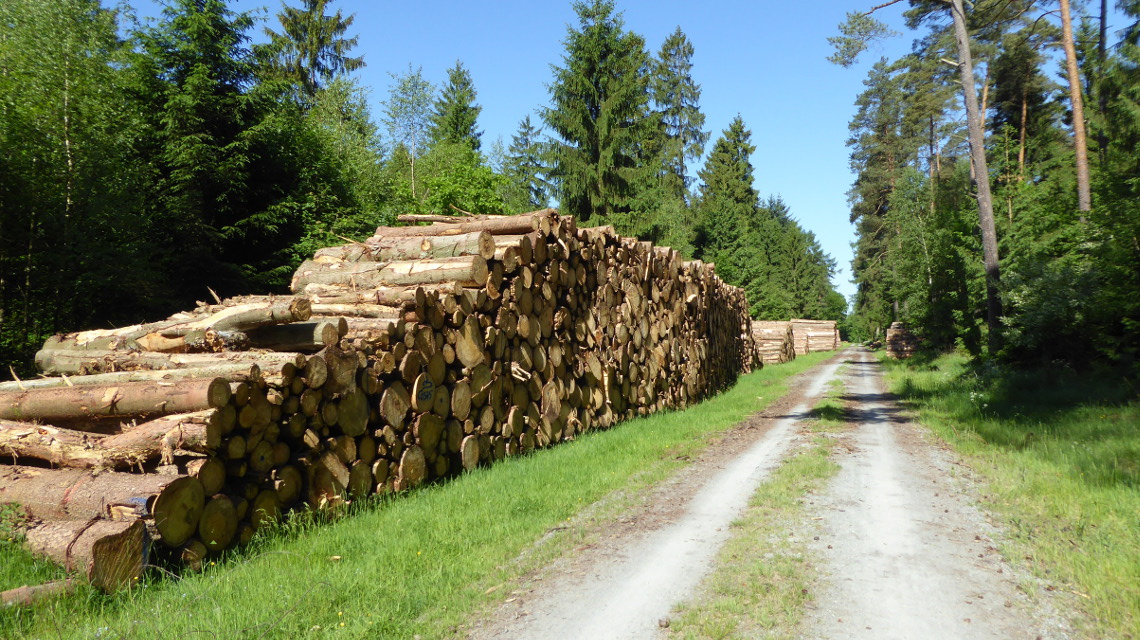Volkswagen Foundation promotes innovations in the bioeconomy
The Volkswagen Foundation is supporting six projects with around 7.8 million euros that are developing innovative approaches for the utilisation of biogenic and recyclable waste materials in the sense of a circular economy - including five projects on bioeconomy.

Residual materials from agriculture, forestry, the paper industry and food production have long since become a valuable source of raw materials for new bio-based and sustainable products. Not only does this enable fossil raw materials to be replaced, it also conserves resources and protects the environment. A central concern of the bioeconomy is to develop products whose raw materials can be reused and thus fed back into the cycle.
Such innovative approaches are supported by the Volkswagen Foundation as part of the ‘Circularity with recycled and biogenic raw materials’ funding initiative. Specifically, six practice-relevant research approaches were selected that aim to achieve closed raw material-product cycles and are being supported with a total of 7.8 million euros. 6.6 million euros of this will be channelled into innovations for the bioeconomy alone.
Lignin as plant protection and PFAS absorber
For instance, Freie Universität Berlin is receiving funding from the Volkswagen Foundation for two projects. In the LignoCide project, researchers want to utilise the plant biopolymer lignin, which is a by-product of paper production. This will be used to develop a spray coating that protects plants from microbial harmful organisms such as bacteria and viruses and can replace chemical pesticides in agriculture.
Lignin also serves as a raw material for the Sustainable Solutions for PFAS Removal project. Based on the biopolymer, the Berlin researchers and their partners want to develop functionalised adsorber beads that can efficiently remove perfluorinated and polyfluorinated alkyl substances - PFAS for short - from contaminated water. PFAS are so-called perpetual chemicals. They are used, for example, to coat Outdoor clothing because they are water-, grease- and dirt-repellent and, above all, durable.
Mulch film made from plant proteins
Waste from poultry production, fermentation residues from biogas plants or rapeseed are once again the focus of the ReProFilm project. Researchers at the Hamburg University of Technology are working with partners to extract proteins from the waste for two products: In addition to a spray coating that makes fruit and vegetables last longer, a functionalised mulch film for use in agriculture is being developed based on the plant proteins.
Plastic recycling with enzymes
In the BioLoop project, researchers at the University of Kassel are working with partners to improve the recycling of plastic film through microbial decomposition. With the help of enzymes, polymers made of polyethylene - PE for short - are to be broken down into smaller parts and then converted into high-quality products.
The development of a circular production route for bio-based PE is once again the focus of a project established at Clausthal University of Technology. The aim is to introduce a novel, molecularly customised branched PE grade. The raw material used is biobutadiene, which is obtained from agricultural residues and food waste.
The Volkswagen Foundation is an independent, non-profit foundation under private law. With a funding volume totalling 150 million euros per year, it claims to be the largest private foundation promoting science in Germany. Since its establishment more than 60 years ago, it has funded around 33,000 projects totalling more than 5.5 billion euros.
bb


